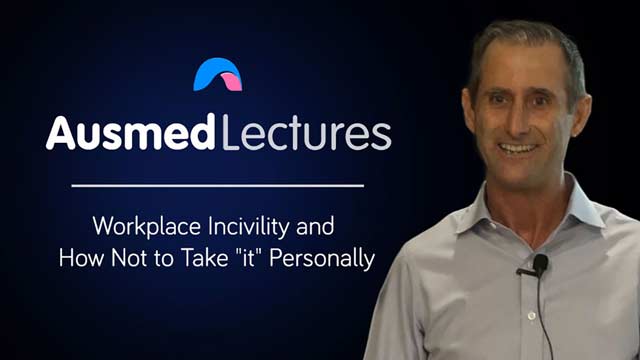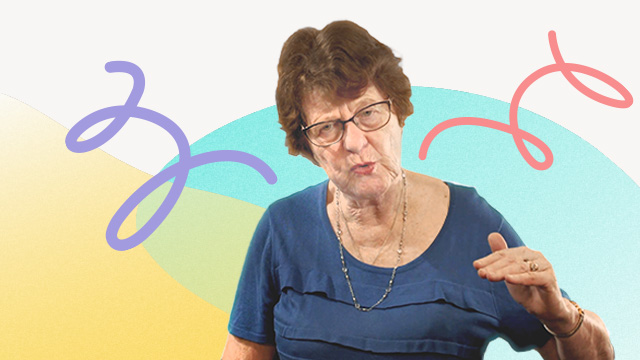Delirium


Despite the potential devastation it can cause, cognitive impairment, including delirium, remains under-recognised and often misdiagnosed. This Ausmed Course explores an overview of delirium, its causes, early identification and assessment, and provides updated information about current best-practices for treating delirium.
Content
5 Units • 15 Questions
What you'll learn:
Recognise the importance of differentiating delirium from other cognitive impairments.
Understand the causes and risk factors for delirium.
Update knowledge on best-practice management of delirium.
Who it's for:
Healthcare professionals and carers in primary care, aged care and hospital settings, as well as those looking to increase their knowledge about caring for someone with delirium.
Why it's needed:
In line with the Australian Commission on Safety and Quality in Health Care’s Delirium Clinical Care Standard, having a holistic and thorough understanding of delirium and the recommended care practice is paramount for optimal outcomes for patients, their families and carers.
Purpose:
This Ausmed Course is intended to provide a deeper insight into delirium for the purpose of informing healthcare professionals and carers about its signs, helping them to recognise the difference between delirium and other cognitive impairments and informing them of the current best-practice management and treatment options that have their foundation in patient-centred care.
Topics
For Teams
Assign to your staff
Assign mandatory training and keep all your records in-one-place.
Find out moreMeet your educator
Peer reviewed by
Content Integrity
Ausmed strives for the highest level of content integrity and accuracy in our educational resources.
Last updated28 Nov 2024
Published29 Jun 2022
Due for review29 Nov 2026
Accreditation Information
Disclaimer
Disclosure
Usage
Cite this resource
ANCC Accredited
The Ausmed Education Learning Centre is accredited with distinction as a provider of nursing continuing professional development by the American Nurses Credentialling Center’s Commission on Accreditation.

Recommended resources

Which Stoma Appliance and When?

Workplace Incivility: Not Taking it Personally

Customer Service When it's a Busy Day

Dizziness and Medications

Drug Diversion in the Workplace

How to Use Asthma and COPD Devices: Overview

Medicines Used in Parkinson's Disease

Neck of Femur Fracture

Pathology Interpretation

Pathophysiology of Sepsis
 New
New